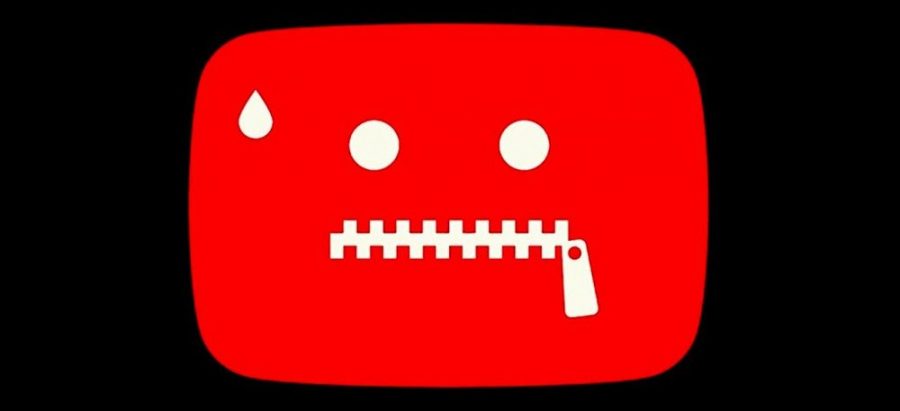Article 13 Hurts YouTube and its Creators
By Briana Scalia
Copyright in and of itself is a necessary evil. A copyright is a legal right that grants the creator of an original work the right to determine who can make use of said work. Following the required regulations of copyright, especially in a world dominated by the internet, can be tedious for any creator. So of course it would follow that YouTube, a massive site made to collect creative and entertaining videos, has had its fair share of copyright issues.
In its initial years, YouTube did not have much copyright protection. Plagiarism Today reported in 2013, “Whether it’s clips of video, music, images or even just reading someone else’s words, most YouTube users incorporate at least some copyrighted content from others.” To stop the legal trouble, the heads of YouTube created new guidelines for any potential users of the site. However, Article 13 is now a step too far.
Article 13 is part of a proposed European Union copyright legislation aimed to fight against the used creative properties without their inventor’s permission. Rather than enforce a stricter version of YouTube’s current notice-and-takedown system, any copyright material found would immediately make the site and/or media liable. By placing the fault squarely on the platform’s shoulders, Article 13 will introduce a chilling effect for not just YouTube, but all other sharing platforms. No site will want to take the risk of introducing possible copyrighted material, and will instead take the safer route of not allowing the content at all.
YouTube itself has issued a statement that if Article 13 is realized, “YouTube would be forced to block millions of videos (existing and new ones) in the European Union.” Videos in jeopardy of being taken down include educational videos, music videos and parodies, since each of these categories often include at least some copyrighted products.
If Article 13 comes to fruition, YouTube will resort to severely limiting the content posted from anyone living in the European Union. In order to get content through, creators would have to prove they own every single asset used in each video, including graphics and sounds.
Frankly, this is unfair to every single YouTube user, creator or not. Some may argue Article 13 has been brought into creation to protect small artists, but in reality, the only ones benefiting from this legislation are the major corporations that want to squeeze every cent out of their properties (I did not say Disney but we were both thinking it).
Often times, smaller creators are willing to work with the notice-and-takedown system YouTube currently utilizes. These smaller creators were fans of other properties not too long ago. They recognize that most fans using their copyrighted material are not trying to make a profit off their creations, but are simply trying to express their love of the entity.
I can personally attest to this. About ten years ago I created what many might call an “animated music video” (no, I will not be telling you the name) containing two of my favorite television characters. This video obviously contains numerous scenes of the show, though they were edited to look slightly different and do not have the show’s original sound. The sound the video has is a copyrighted song (and no, I won’t tell you the name of the song, either).
Point being, 10-year-old Briana would never have been able to create and post this video if Article 13 had been around. To take YouTube away from any aspiring creator would be to take away their outlet.
It is unreasonable to expect creators to own every single aspect of their videos, as unreasonable as it is to assume every YouTube creator is making videos for the sake of profit.
Briana Scalia, FCRH ‘20, is a journalism and political science major from Long Island, New York.










































































































































































































